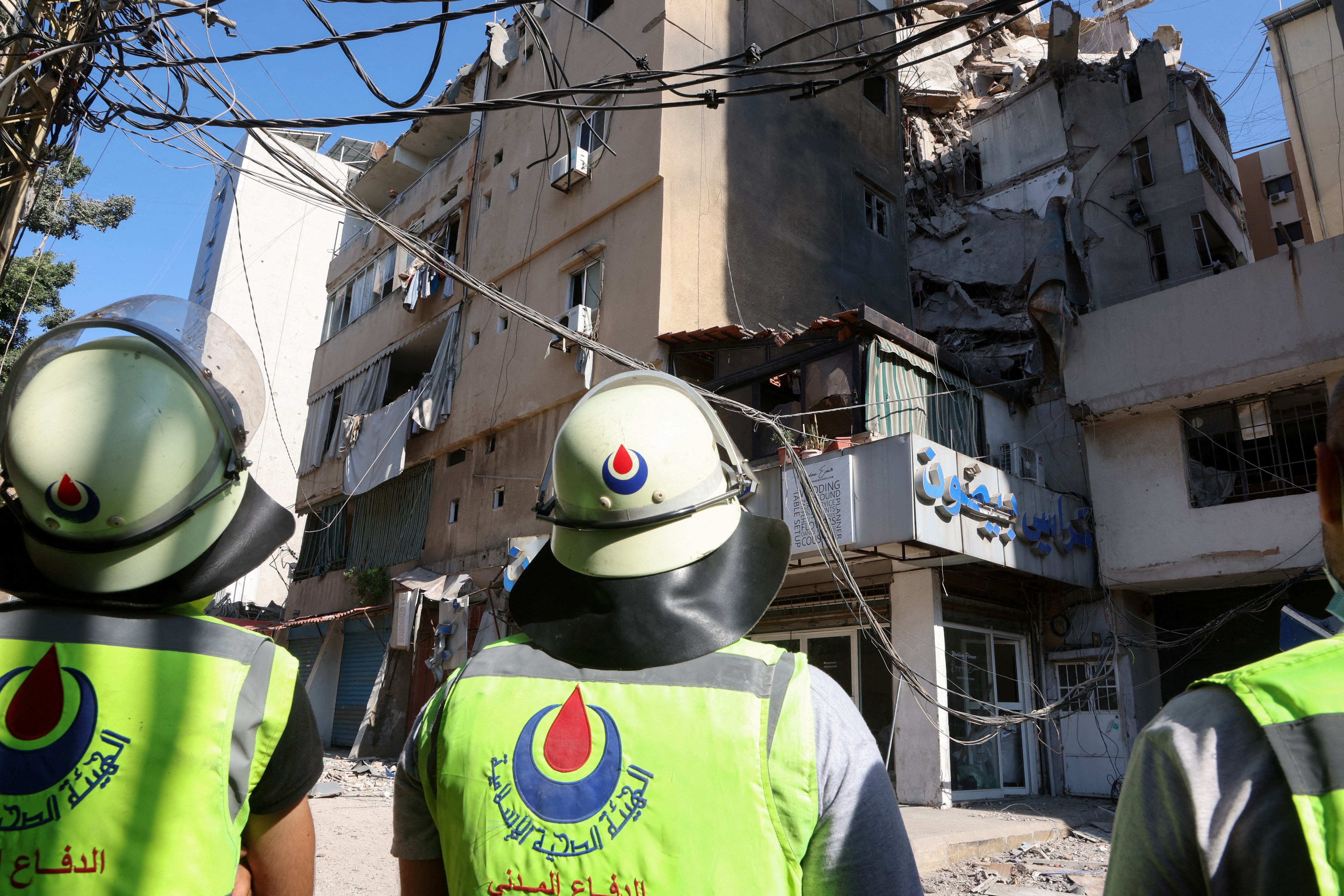Cyprus is yet to receive any requests from other countries to activate its ‘Estia’ plan to evacuate their citizens from Lebanon, as the country continues to teeter on the edge of an escalation of conflict, the foreign ministry said on Wednesday.
Speaking to the Cyprus Mail, foreign ministry spokesman Theodoros Gotsis confirmed that no requests have yet been received, and said the government is “sticking to what we have said” on the matter.
“Our readiness is there based on the preparatory work that has already been done since October,” he said.
Tensions have continued to rise after Israel vowed to retaliate following the deaths of 12 people in a strike attributed to Hezbollah in the Israeli-occupied Golan Heights on Saturday, with Israel claiming on Wednesday it had killed high-ranking Hezbollah commander Fuad Shukr during its previous day’s bombing of Lebanon’s capital Beirut.
Hezbollah denied responsibility for Saturday’s attack and has yet to confirm whether or not Shukr died during Tuesday’s bombing, though it has confirmed Shukr was in a building that was hit by an Israeli strike.
The latest strike comes after Israel had killed two people and wounded three more in southern Lebanon and the country’s Prime Minister Benjamin Netanyahu had promised more was to come.
“Israel will not overlook this murderous attack. Hezbollah will pay a heavy price it has not paid up to now,” he said on Sunday in reference to the Golan Heights attack.
Gotsis’ words about Cyprus’ readiness echo those of deputy government spokesman Yiannis Antoniou, who told the Cyprus Mail on Monday that the government is “ready”, and that Cyprus’ facilities are “on standby” in accordance with the ‘Estia’ plan.
The ‘Estia’ plan is Cyprus’ existing plan to deal with mass evacuation events of European Union and third country nationals from neighbouring countries.
Typically, extra emergency flights are organised with the aim of maximising the number of people who can be evacuated to Cyprus, before being taken to their own countries of origin.
The plan swings into action when other countries request to use Cyprus as a hub for evacuations, with hundreds or thousands of people then passing through.
“If help is needed, we will provide it. We have the know-how and the infrastructure to do so,” Antoniou added.
Meanwhile, countries around the world are urging their citizens who would travel to Lebanon to reconsider their plans, in light of recent events and the potential for the conflict to escalate.
Cyprus’ foreign ministry had on Tuesday issued a reminder that it has since October 29 last year advised against all travel to Lebanon, while the United States’ embassy in Beirut said on Sunday night it “reminds US citizens to review the current travel advisory, which strongly urges US citizens to reconsider travel to Lebanon.”
The French foreign ministry also issued a statement on Sunday night, saying “it remains imperative that French nationals do not travel to Lebanon, to Israel, or to the Palestinian territories”.
On Tuesday, British Foreign Minister David Lammy posted a video in which he said, “my message to British nationals in Lebanon is clear – leave.”
The Greek foreign ministry also issued a short statement, in which it said, “it is recommended to avoid visits to Lebanon, except for those which are absolutely necessary”, while they also recommended that Greek nationals in Lebanon depart the country.







Click here to change your cookie preferences